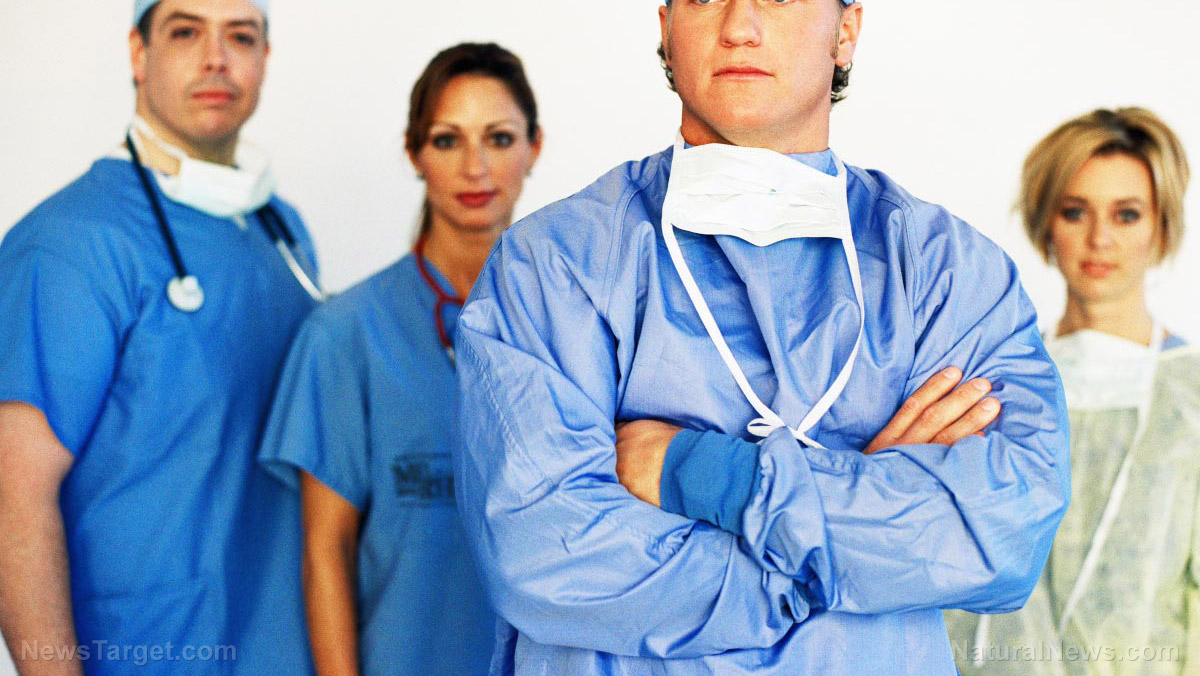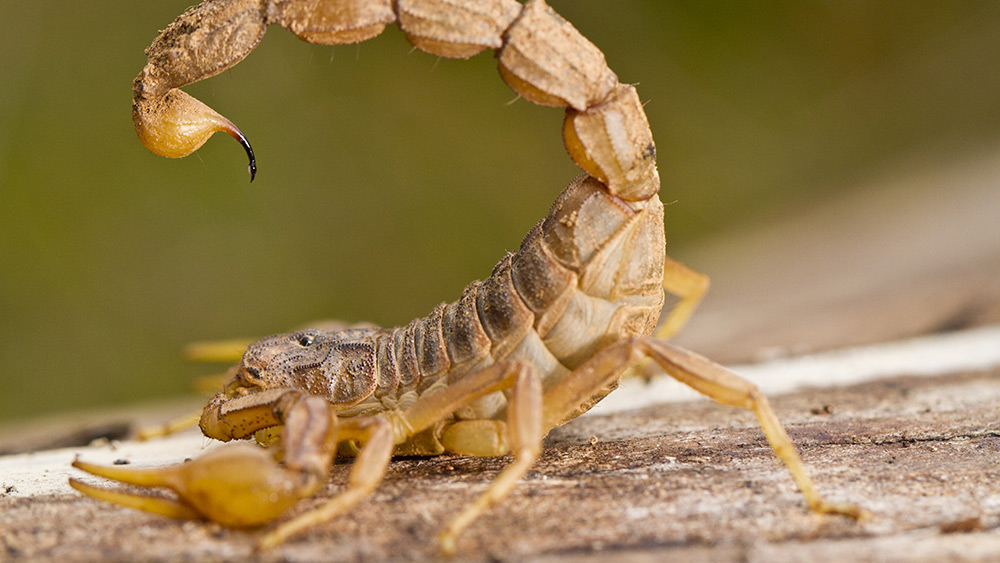Bacteria in your gut can tell you if you’re at risk of getting colorectal cancer
12/04/2019 / By Melissa Smith

Researchers continue to find links between gut microbiota – the population of microbes that live in the intestine – and cancers. In a new study published in the journal Nature Medicine, an international team of researchers found that gut microbiota can be used to predict the occurrence of colorectal cancer.
Colorectal cancer is the second most common type of cancer in women and third in men. Moreover, it is the third leading cause of cancer deaths in both men and women in the U.S. It usually starts with the growth of polyps in the colon or rectum. Over the years, these polyps become cancerous.
In the study, the research team, which was led by researchers from the University of São Paulo (USP) in Brazil, found higher levels of nearly 30 types of bacteria in people with colorectal cancer compared to healthy individuals. Some of the bacteria are commonly found in the mouth, while others converted nutrients found in red meat and poultry into cancer-causing substances.
To be more specific, the researchers found higher levels of the bacterial species Fusobacterium nucleatum in colorectal cancer patients than in healthy individuals. This bacterium typically lives in the mouth, and the acidity of other parts of the gastrointestinal tract can kill it.
The research team studied colorectal cancer based on data from fecal samples and diverse populations. They analyzed data from seven studies: five public studies and two studies by researchers at the University of Trento in Italy.
They extracted DNA from the fecal samples and sequenced it. The DNA sequencing of the samples allowed them to identify and quantify the species of microorganisms and their genes present in the samples. Since the data came from various studies, the researchers used sophisticated statistical methods to analyze them as an ensemble.
Less than 48 hours remaining at the Health Ranger Store's New Year's Resolution Sale. Last chance to get amazing deals on over 60 lab-verified supplements, superfoods, essential oils and more... enjoy up to 40% OFF selected items. This limited-time sale ends Jan. 6 at NOON CST, or while supplies last. Learn more here.
Large numbers of mouth bacteria tend to travel to the intestine in people with colorectal cancer. This migration may cause inflammation in the intestine, increasing the risk of cancer. However, the researchers have not yet determined the exact reason for the migration. For now, all they know is that there is a link between the presence of these bacteria in the intestine and colorectal cancer.
The research team also found the presence of the gene for the microbial enzyme choline trimethylamine-lyase (cutC) in fecal samples collected from colorectal cancer patients. Choline, which is an essential nutrient found in meat, poultry, and fish, was found to be broken down by gut bacteria and converted into a metabolite, which is needed for metabolism. In previous studies, this metabolite was linked to an increased risk of cardiovascular disease, and in the current study, it was found to increase the risk for colorectal cancer.
“When the enzyme cleaves choline, which is abundant in diets containing large amounts of red meat and other fatty foods, it releases acetaldehyde, a well-known carcinogen,” explained Andrew Maltez Thomas, the first author of the study.
Improving your gut microbiota
Good and bad bacteria thrive in your intestines. Interestingly, what you eat greatly affects the types of bacteria that live inside you. Here are several ways to improve your gut microbiota:
- Follow a diet rich in whole foods.
- Eat plenty of fruits, vegetables, beans, and legumes, as they are rich in fiber that promotes the growth of good gut bacteria.
- Eat fermented foods, such as plain, natural yogurt.
- Avoid eating sugary foods and drinks.
- Eat prebiotic foods which promote the growth of good gut bacteria.
- Eat whole grains, as they contain non-digestible carbs.
- Take a probiotic supplement. (Related: Fighting colorectal cancer with gut health: Certain probiotic bacteria, combined with broccoli, found to prevent and reduce tumors.)
You can read more articles about the relationship between gut health and cancers at Cancer.news.
Sources include:
Tagged Under: bad bacteria, choline, colon cancer, Colorectal Cancer, Fusobacterium nucleatum, gut bacteria, gut health, gut microbiota, Poultry, prevention, red meat, research, tumors




















